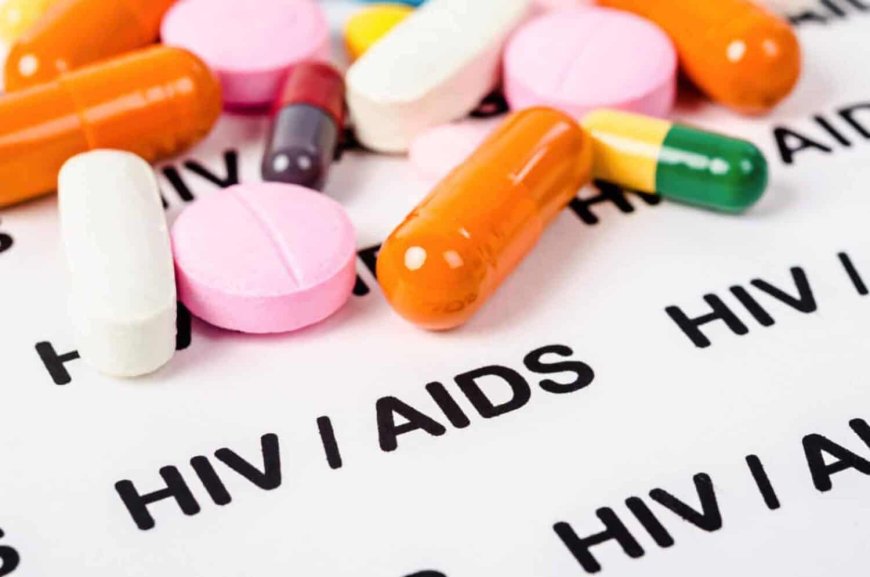Health Experts Warn of the Impact of PEPFAR Funding Cuts on HIV/AIDS Treatment
Human rights advocates have expressed deep concerns about the potential consequences of cutting funding for PEPFAR (President’s Emergency Plan for AIDS Relief), a U.S. government program that has played a pivotal role in fighting the HIV/AIDS epidemic globally. The funding reduction could lead to a severe shortage of medications, ultimately resulting in an increase in deaths, especially in sub-Saharan Africa

In the wake of recent announcements regarding potential cuts to the PEPFAR program, health professionals and human rights organizations are raising alarms about the devastating impact this could have on millions of people living with HIV/AIDS. PEPFAR, which was established by President George W. Bush in 2003, is considered one of the largest and most successful health initiatives ever undertaken by the U.S. government. It has provided life-saving antiretroviral (ARV) treatments to millions, particularly in low-income countries where access to HIV treatment has been limited.
The program has significantly reduced HIV-related deaths and new infections across the globe, especially in sub-Saharan Africa, where the majority of the world’s HIV-positive population resides. However, with recent reductions in funding, many fear that progress made in the fight against HIV/AIDS could be reversed.
Peter Staley, a prominent HIV/AIDS advocate and one of the leaders of the protest movement, said, “We are facing a crisis that could result in the unnecessary loss of thousands of lives. If PEPFAR funding is slashed, millions of people will lose access to the medications they need to stay alive.”
According to recent reports from the HIV Modelling Consortium, more than 40,000 people could die from AIDS-related causes by January 2025 due to a shortage of antiretroviral drugs, with over 4,000 of those deaths potentially being children. These projections are particularly alarming in sub-Saharan Africa, where the HIV epidemic is most severe. The report predicts that over 500,000 children could die in the next five years as a direct result of reduced access to lifesaving treatments.
In addition to the health consequences, experts warn that cutting PEPFAR funding could lead to greater social and economic instability. HIV/AIDS has already strained many African economies, with millions of adults unable to work due to illness, leading to increased poverty and reliance on international aid. The loss of PEPFAR’s support could devastate these fragile economies, causing further setbacks in their development.
Dr. Michael Johnson, a leading global health researcher, emphasized that while PEPFAR has made incredible strides in the fight against HIV, more work is needed. “The goal is not only to treat those already infected but also to prevent new infections. If we take away this critical funding, we are essentially abandoning the progress we have made,” he said.
In light of these concerns, many advocates are calling on the U.S. government to reconsider its decision and restore full funding to PEPFAR. They argue that investing in the continued fight against HIV/AIDS will save lives, improve public health, and help stabilize regions that are already facing severe economic and health challenges.
While there is still time to reverse the funding cuts, many are growing increasingly concerned about the potential human toll of these decisions. As one protester put it, “We cannot afford to go backward when we are so close to ending the HIV/AIDS epidemic.”
The outcome of this debate will likely have long-term consequences not only for the future of the PEPFAR program but also for the millions of people whose lives depend on it. Advocates are hoping for a swift resolution that will prioritize the health and well-being of people living with HIV/AIDS around the world.
What's Your Reaction?
 Like
0
Like
0
 Dislike
0
Dislike
0
 Love
0
Love
0
 Funny
0
Funny
0
 Angry
0
Angry
0
 Sad
0
Sad
0
 Wow
0
Wow
0












































